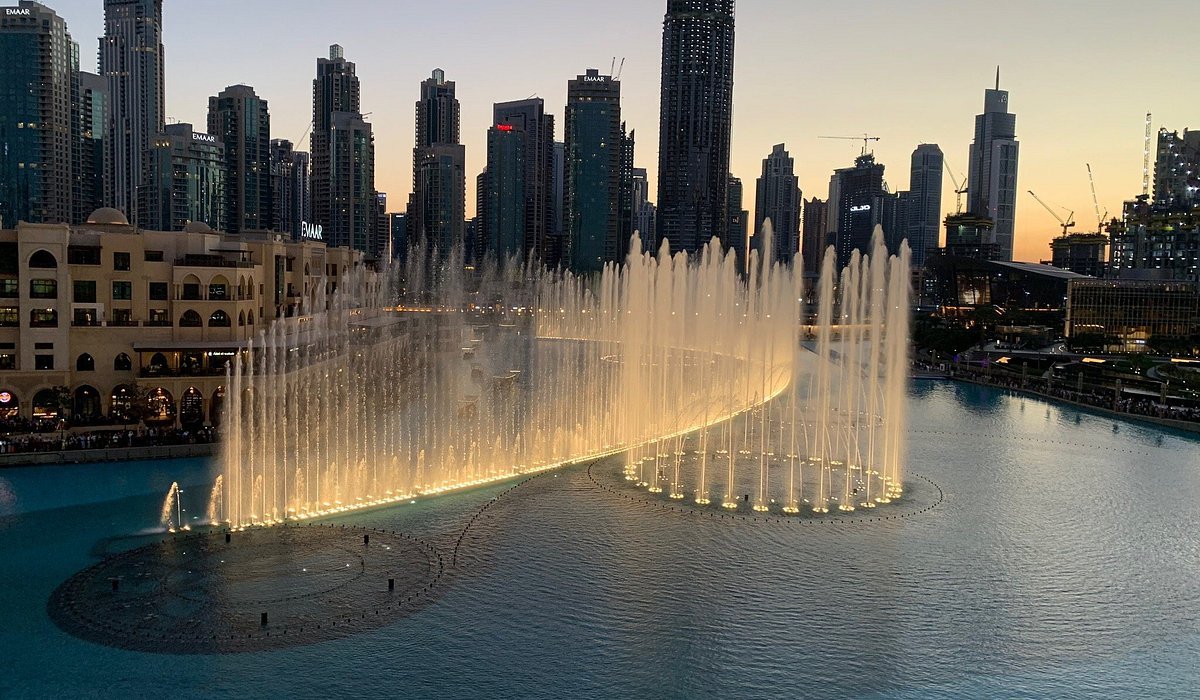Now Reading: Dubai Hyperloop Tests Show Progress — Futuristic Travel Almost Here 2025!
-
01
Dubai Hyperloop Tests Show Progress — Futuristic Travel Almost Here 2025!
Dubai Hyperloop Tests Show Progress — Futuristic Travel Almost Here 2025!

Table of Contents
Dubai, July 2, 2025 — The dream of traveling between Dubai and Abu Dhabi in just 12 minutes is edging closer to reality, as Hyperloop development in Dubai reaches a fresh milestone this month. Officials and industry leaders confirm that testing phases for the futuristic transport system are moving forward after recent engineering breakthroughs, raising hopes for a commercial rollout sooner than expected.
For years, the idea of traveling at speeds of up to 1,200 kilometers per hour inside a low-pressure tube seemed like science fiction. But in Dubai, it is fast becoming a fact of life, thanks to strong government backing and partnerships with leading Hyperloop technology companies.
Testing Gains Momentum

The Dubai Roads and Transport Authority (RTA) reported this week that advanced tests on the Hyperloop propulsion system and tube infrastructure have shown promising results. According to RTA sources, engineers have achieved stable performance levels in test environments, paving the way for larger-scale pilot trials.
In collaboration with Virgin Hyperloop and local partners, Dubai has invested heavily in both safety certifications and route planning to ensure the system will meet the strictest standards. These new tests have focused on passenger safety systems, including emergency evacuation protocols and fire suppression technologies within the pods.
An RTA spokesperson stated on Tuesday, “Our vision is to make the Hyperloop a real, reliable, and safe mode of transportation for both passengers and cargo. The latest results give us confidence to move forward with the next phase of testing.”
What’s Next for the Dubai Hyperloop?
Industry experts say the next milestone will be a full-scale demonstration line, expected to be operational for testing by late 2025 or early 2026. This demonstration track, roughly 10 kilometers in length, will help gather more data on passenger boarding processes, pod acceleration, deceleration, and emergency stops.
There are also ongoing talks about integrating Hyperloop stations with existing metro and bus networks, ensuring that future passengers can transfer seamlessly between traditional public transport and the Hyperloop.
For travelers, this means they could eventually book a Hyperloop ticket on the same app they use for metro tickets — a convenient and futuristic travel experience that suits Dubai’s “smart city” ambitions.
Economic and Environmental Impact
Hyperloop developers have long argued that the system will dramatically cut greenhouse gas emissions by shifting travelers from car and plane journeys to an electric-powered vacuum-tube network.
The Dubai Hyperloop project aims to reduce congestion on the busy E11 highway and slash carbon footprints between Dubai and Abu Dhabi. According to government estimates, once fully operational, Hyperloop could remove more than 6,000 cars per day from the road, reducing traffic jams and cutting average travel emissions by up to 80%.
Beyond that, the Hyperloop is also expected to support Dubai’s economy by creating high-tech jobs and attracting global talent. Engineers, IT professionals, and safety experts are in high demand as the project enters more advanced phases.
Public Reaction and Challenges
While excitement remains high, the Hyperloop is not without challenges. Some Dubai residents have raised questions about safety, especially given the extremely high speeds and unfamiliar technology.
Dr. Nasser Al Falasi, a transportation engineering professor at Khalifa University, told local media:
“The Hyperloop has many benefits, but public confidence will take time. Safety testing must be extremely thorough, because people need to trust that they can travel at 1,000 km/h in a sealed tube without risk.”
The RTA has responded to these concerns by inviting more public engagement events and demonstration days, where residents will be able to see the technology up close and learn how the pods will keep passengers secure.
Cost is another obstacle. Building a new high-speed transport network with specialized tubes, stations, and emergency systems is not cheap. While Dubai is funding a significant share, private investors will be critical to covering the multi-billion-dirham project.
Nevertheless, many believe the Hyperloop’s long-term benefits outweigh the initial costs, especially as the UAE continues to position itself as a global hub of innovation and futuristic technology.
Timeline: When Could We Ride the Hyperloop?

Although there is no exact launch date yet, sources familiar with the project suggest that the first commercial operations might begin as early as 2030, if all tests proceed on schedule.
Until then, engineers will continue refining safety features, working on station designs, and securing international approvals. Dubai’s government is optimistic about being one of the first cities on Earth to run a passenger Hyperloop, alongside other emerging projects in the USA and Europe.
A Global Model in the Making
The Dubai Hyperloop is not just a UAE story — it is seen as a blueprint for other cities around the world that want to cut travel times, reduce emissions, and invest in sustainable technology.
Hyperloop systems could eventually connect entire regions, replacing short-haul flights and making travel faster and cleaner. Dubai’s leadership, engineering expertise, and strong investment culture make it well-positioned to become a showcase for how Hyperloop can work in practice.
As testing advances in 2025, the world will be watching to see if Dubai can deliver on its promise of ultra-fast, eco-friendly transport.
For now, one thing is clear: the Hyperloop dream in Dubai is no longer just a drawing on a whiteboard — it is on track to transform the way we travel forever.
Read More:- Deyaar’s Latest Announcement Shakes Up the UAE Property Market






















